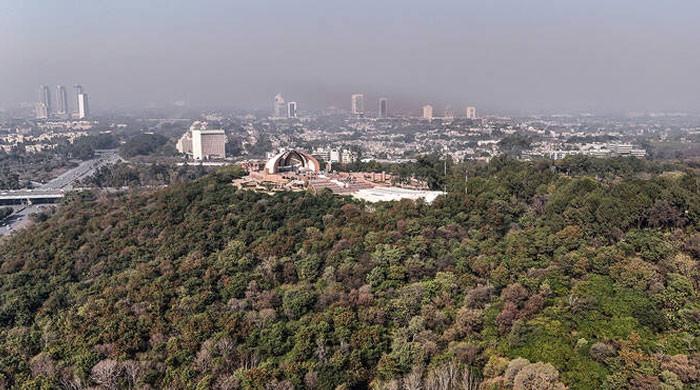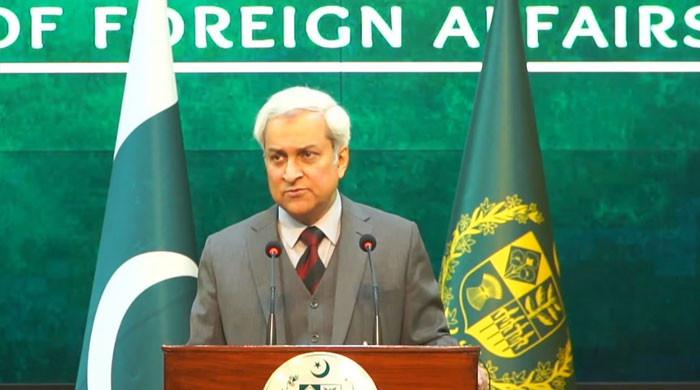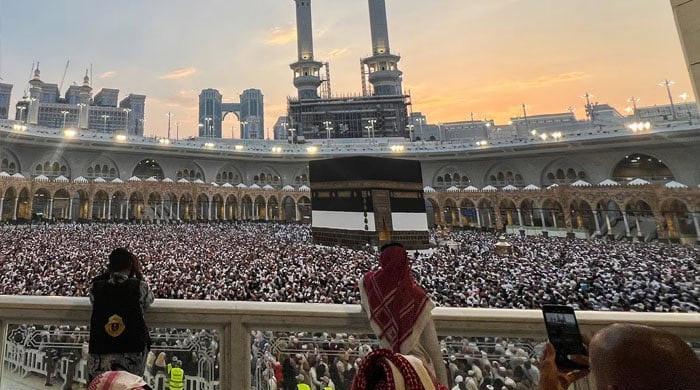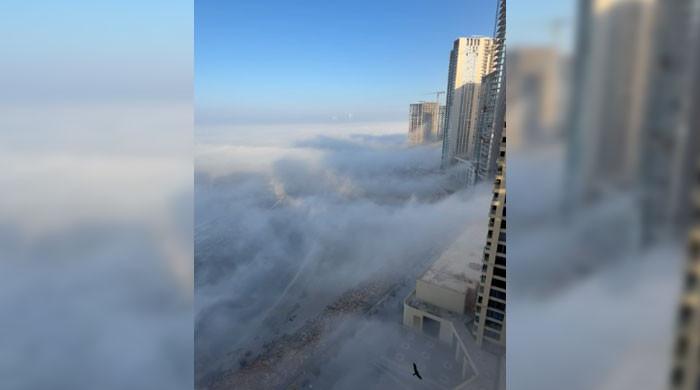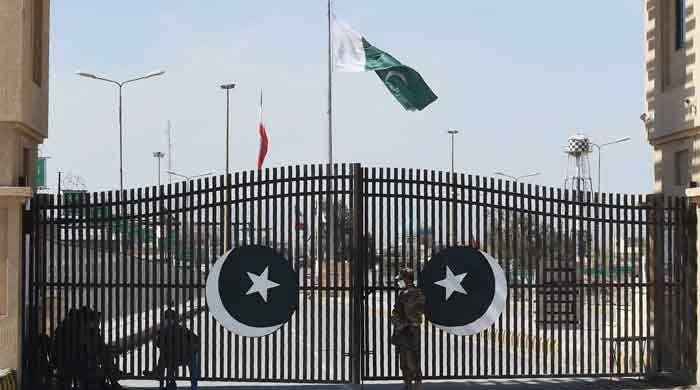In call with COAS, Iran's military chief thanks Pakistan for support amid Israeli aggression
Maj Gen Mousavi acknowledges Islamabad’s principled stance and solidarity with Tehran
June 29, 2025
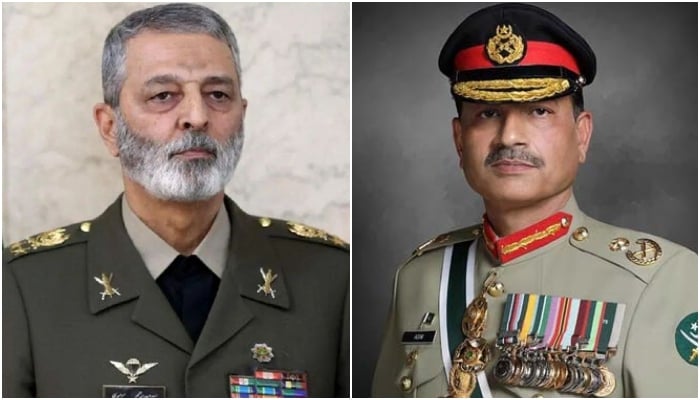
- Iranian military chief holds phone call with Field Marshal Munir.
- Mousavi says conflict resulted in significant Iranian casualties.
- "Iran successfully countered aggression through decisive strikes."
ISLAMABAD: The Chief of Staff of Iran’s Armed Forces, Major General Abdolrahim Mousavi, on Sunday expressed gratitude to Pakistan for its support during the recent military clashes between Iran and Israel, which Tehran has termed an unprovoked act of aggression.
The Iranian military chief made these remarks during a telephone conversation with Field Marshal Asim Munir, Chief of Army Staff (COAS), according to Iran's state news agency IRNA.
During the conversation, Major Gen Mousavi acknowledged Islamabad’s principled stance and solidarity with Tehran during what he described as a "12-day imposed war" initiated by Israel with support from Western allies.
He noted that the conflict resulted in significant Iranian casualties, including the martyrdom of senior commanders. However, he asserted that Iran successfully countered the aggression through decisive retaliatory strikes, forcing the enemy to seek a ceasefire.
"The United States not only participated directly in the conflict but also mobilised its full military capacity to shield the Zionist regime from Iran’s retaliatory missile and drone attacks," Mousavi was quoted as saying. He also castigated several Western countries of providing both verbal and material support to Israel during the hostilities.
The 12-day war erupted on June 13, when Israel launched a bombing campaign in Iran that killed top military commanders and scientists linked to its nuclear programme. Tehran responded with ballistic missile attacks on Israeli cities.
The confrontation began on June 13 — just days ahead of planned Iran-US talks on Tehran’s nuclear programme — when Israel launched targeted strikes.
In response, Iran launched wide-ranging retaliatory strikes on Israeli targets, inflicting what it claims to be “significant damage” to key positions in occupied territories.
Iran's health ministry says at least 627 civilians were killed and 4,900 injured during the war with Israel. Retaliatory missile attacks by Iran on Israel killed 28 people, Israeli authorities say.
Israel said its aim was to keep the Islamic republic from developing an atomic weapon — an ambition Tehran has consistently denied, insisting it has the right to develop nuclear power for civilian purposes.
The fighting derailed nuclear talks between Iran and the United States, which later joined its ally Israel's campaign with bunker-busting strikes on nuclear facilities in Fordow, Isfahan, and Natanz.
The conflict has rattled the already shaky relationship between Iran and the UN's International Atomic Energy Agency.
Iran has rejected the IAEA's request to inspect its bombed nuclear sites, accusing its chief Rafael Grossi of "betraying his duties" by failing to condemn the Israeli and US attacks. Iranian lawmakers voted this week to suspend cooperation with the agency.




